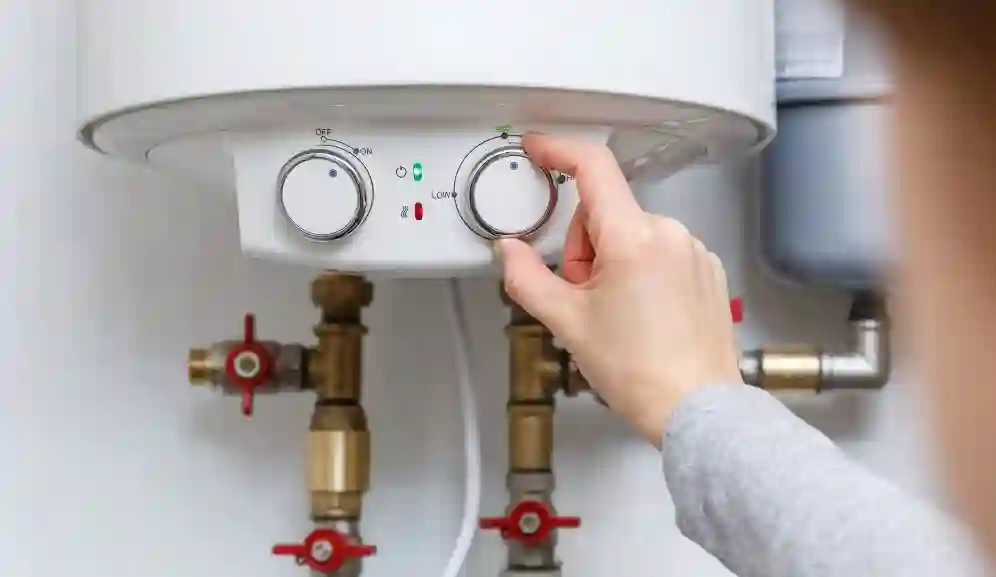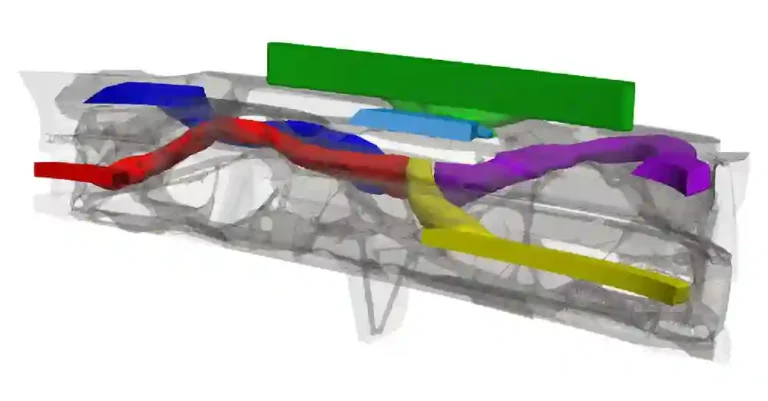
A water heater is a cornerstone of everyday home comfort, providing hot showers, clean dishes, and more. However, like any appliance, it can encounter issues over time. The good news? Many common problems are easy to diagnose and fix without the need for professional assistance. By identifying the root cause, homeowners can often resolve these issues quickly and efficiently.
No Hot Water
If your water heater stops providing hot water, the cause often depends on the type. For electric heaters, it could be a tripped circuit breaker or a bad heating element. For gas heaters, it’s often an extinguished pilot light or a faulty thermocouple.
Simple Fix:
Check the breaker panel and reset any tripped breakers. For gas models, follow your manual to relight the pilot light safely. If the issue continues, consider professional water heater repair in Layton.
Water Isn’t Hot Enough
At times, the water may feel warm but not quite hot enough. This issue often arises from a thermostat set too low or a malfunctioning heating element.
Simple Fix:
Set your water heater’s thermostat to 120°F-140°F. Adjust if needed and wait a few hours to check for temperature changes. If there’s no improvement, the heating elements might need replacing.
Strange Noises from the Tank
Hearing popping or rumbling noises? This often means sediment has built up in your water heater tank. Over time, minerals like calcium and magnesium settle at the bottom and harden, disrupting efficiency. These deposits create noise as they interfere with the heating system.
Simple Fix:
To remove sediment, turn off the power or gas, attach a hose to the drain valve, and flush the tank until the water is clear. Regular maintenance like this prevents sediment buildup and recurring issues.
Leaks Around the Base
Noticing water pooling around the base of your water heater can be concerning. It may indicate anything from a loose valve to a deteriorating tank.
Simple Fix:
Check the pressure relief valve, drain valve, and inlet/outlet connections for leaks. Tighten any loose connections as needed. If the leak persists or comes from the tank, it may require prompt water heater repair.
Discolored or Smelly Water
Rusty or brown water usually means corrosion in the tank or worn anode rods. A strong rotten egg smell is likely caused by bacteria reacting with the anode rod.
Simple Fix:
Flush the tank to remove sediment buildup. If the smell persists, replacing the anode rod can help and extend your water heater’s life. For rust-colored water, inspect the tank to see if it’s starting to deteriorate.
Low Hot Water Pressure
Weak water pressure from the hot tap can be incredibly frustrating, often stemming from sediment buildup in the pipes or water heater.
Simple Fix:
Check your faucet aerators and showerheads for debris or mineral buildup. Soak them in vinegar to remove deposits. If water pressure stays low, the pipes connected to your water heater may need professional cleaning or a flush.
Pilot Light Keeps Going Out
If your gas water heater’s pilot light keeps going out, the problem might stem from a faulty thermocouple, a draft, or a dirty burner.
Simple Fix:
Clear debris around the pilot light and burner to keep performance optimal. Check the thermocouple for wear or damage and replace if needed. Look for drafts that could extinguish the flame and fix them to ensure proper function.
When to Call for Professional Help
Some issues with water heaters aren’t safe or practical to fix yourself. Persistent problems, strange noises, leaks, or no improvement after troubleshooting should be handled by a qualified technician. A trusted repair professional ensures your system runs safely and efficiently, giving you peace of mind.
Preventative Maintenance Tips
To avoid frequent problems, make it a habit to:
- Flush the tank at least once a year
- Check the anode rod every two years
- Inspect the pressure relief valve annually
- Keep the area around the unit clean and clear
Regular maintenance can extend the lifespan of your water heater and reduce the risk of sudden failures.
Conclusion
A malfunctioning water heater doesn’t always require an expensive repair. Many common issues can be resolved quickly with basic tools and a little effort. However, if problems persist, it’s wise to call a professional. Understanding when to tackle a DIY fix and when to rely on expert assistance is key to keeping your home comfortable and safe year-round.






